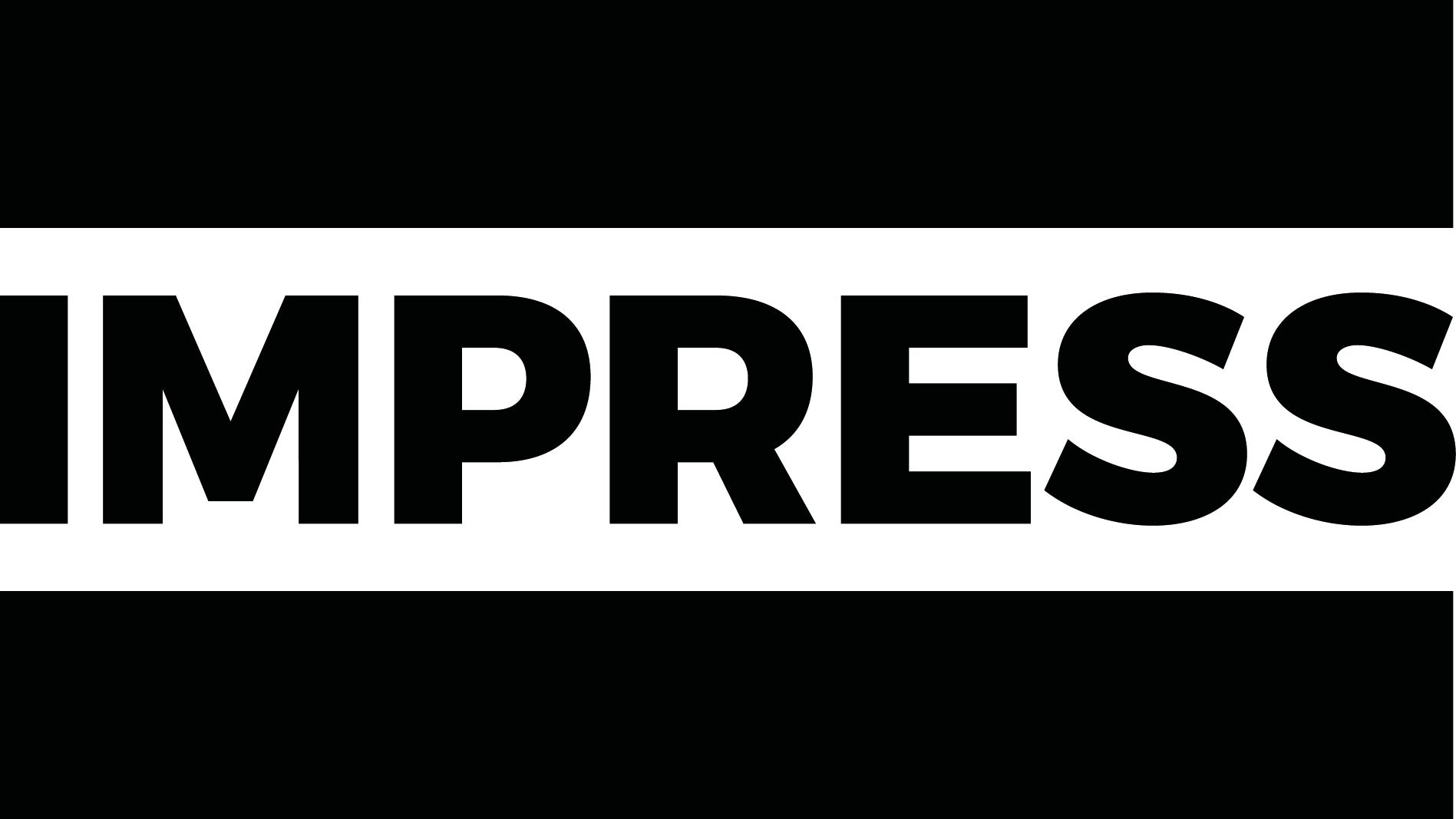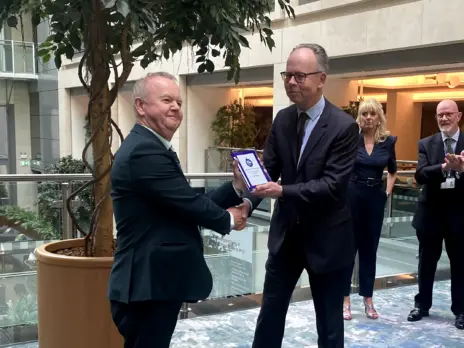
The News Media Association claims a decision to recognise press regulator Impress under the Royal Charter criteria was “unlawful” and has set out the grounds for a judicial review of the process.
In a letter to the Press Recognition Panel (PRP), which approved Impress as the UK’s first state-backed press regulator in October, the association said the panel had “erred in law” in aspects of its decision-making.
The News Media Association (NMA) represents most national, regional and local newspaper publishers in the UK.
It claimed the panel had wrongly interpreted “regulator” under the terms of the Royal Charter and that Impress did not meet this definition.
“The PRP erred in law in concluding that Impress met that definition [of regulator],” the NMA said.
“While the precise circumstances of Impress’ formation remain opaque – in particular the role played by the well-known privacy campaigner Max Mosley, who… is the main source of Impress’ funding – what is clear is that Impress was not formed by relevant publishers… nor was Impress formed ‘on behalf of’ relevant publishers.
“Indeed, at the time of its application Impress could only point to 11 very small publishers as members, none of which had played any role in its formation.
“By the time of the decision, Impress’ membership remained minimal: 27 very small publishers according to its own website, counting print and online editions twice in some cases.”
The NMA also said Impress was not an “independent self-regulatory body” because of its funding through Mosley’s charity.
The association claimed the panel’s decision to permit “a regulator to be funded other than by the news industry itself” was also unlawful.
It highlighted the panels’ “approach to the issue of whether the particular source of funding for Impress was such as to compromise Impress’ independence and effectiveness” as another area for concern.
Said the NMA: “The funding for a regulator must come from (or at least be sanctioned by) the news industry itself and not come from third parties who are unconnected with the industry.
The PRP’s interpretation of criterion six reduces the words “settled in agreement between the” industry and the Board” to a mere requirement for a body to consult generally on its financial arrangements and the fees that it proposes to charge.
“That is not what Leveson or those drafting the Charter intended.”
It added: “The PRP wrongly placed emphasis on the absence of specific provision in the Charter as to what particular proportion of the industry needs to agree to the regulator’s funding arrangements.
“Plainly the PRP has an evaluative role under the Charter in deciding whether the threshold has been crossed.
“What the PRP cannot lawfully do is abdicate that responsibility and grant recognition to a body which has not secured agreement from any meaningful proportion of the industry.
“Contrary to the PRP’s reasoning, this is not to give any particular publisher a ‘veto’ over recognition of a body by the PRP, or to preclude the possibility of more than one body being recognised, but simply to recognise and give effect to the clear intention of Leveson and the Charter that a body must already have support from the industry before being recognised.”
The NMA said the PRP had also wrongly interpreted the Royal Charter criteria by “permitting a regulator purportedly to ‘adopt’ a code in whose formulation and maintenance it played no part” in reference to Impress’ use of the Editor’s Code of Practice, which it did not help to frame.
The association raised further issue with the panel’s conclusion that the requirement that “serving editors have an important part to play” was satisfied.
Said the NMA: “The body applying for recognition by the PRP must have formulated and adopted its own standards code, which the PRP must then assess by reference to the matters identified in criterion eight.
“The concept of a body having ‘responsibility’ for a particular code is left without any meaningful content if it can be satisfied simply by the body ‘deciding’ that someone else’s code contains ‘the rules it intends to apply’.
“There is no getting round the fact that ‘responsibility’ for the Editors’ Code lies with the existing Editors’ Code Committee, not with Impress.”
It added: “There must be at least one serving editor on a regulator’s Code Committee.
“As the PRP notes, the first sentence of criterion seven is permissive: it makes clear that the Code Committee may (not must) comprise both independent members of the Board and serving editors.
“However, the second sentence states in terms that serving editors ‘have an important part to play’.
“It is impossible to see how serving editors can properly be said to be playing an important (or indeed any) part in the work of the Code Committee if no serving editors are members of that committee.”
The NMA said it was willing to enter into discussions with the PRP on the matter and proposed that the panel reply to the letter, which served as a “pre-action protocol for judicial review” by 19 December.
Email pged@pressgazette.co.uk to point out mistakes, provide story tips or send in a letter for publication on our "Letters Page" blog






